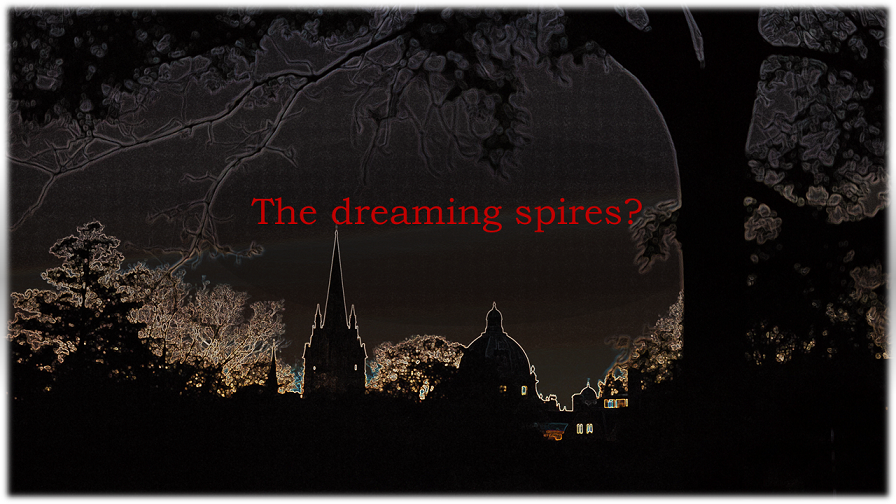
Dear
Partners in Crime,
Even in these uncertain times, preparations for the
2021 St Hilda's College Crime Fiction
Weekend are in full swing.
As yet we can't say if we will be able to meet in person, but whether on-site
or
online, we have another compelling line-up for you this August.
With
the theme of Oxford: the capital of Crime Fiction
you can expect old favourites, Morse, Wimsey, and Gervase Fen,
as well as the new writers on the beat,
Lucy Atkins (Magpie Lane), Cara Hunter (DI Fawley series) and
more.
Val McDermid and Mick Herron are back by popular demand.
Alison Joseph and Jake Kerridge take the Chair,
and we can announce a new mystery from Chief Insp. Andrew Taylor and
The Case of the Cambridge Corpse.
Expect
Gaudy Nights and Moving Toyshops, sinister scholars and dodgy detectives,
and low deeds on High Table.
Details here with booking link to be anounced soon.
Meanwhile, save the dates, and sharpen your wits.
Alison Joseph, Jake Kerridge, and Carolyn Kirby.


